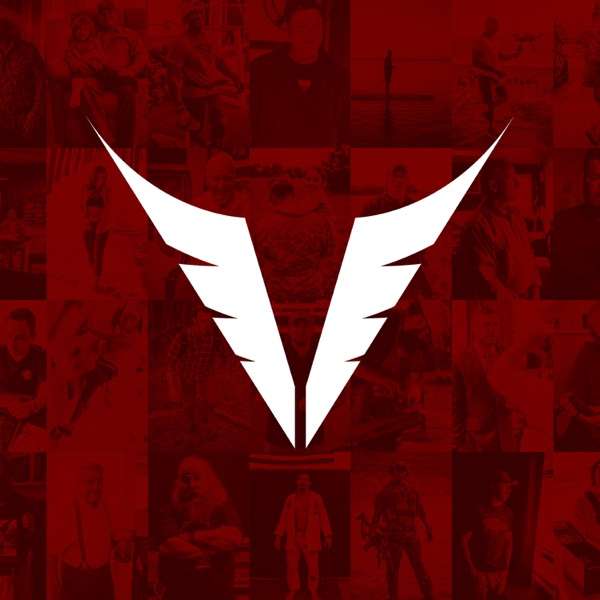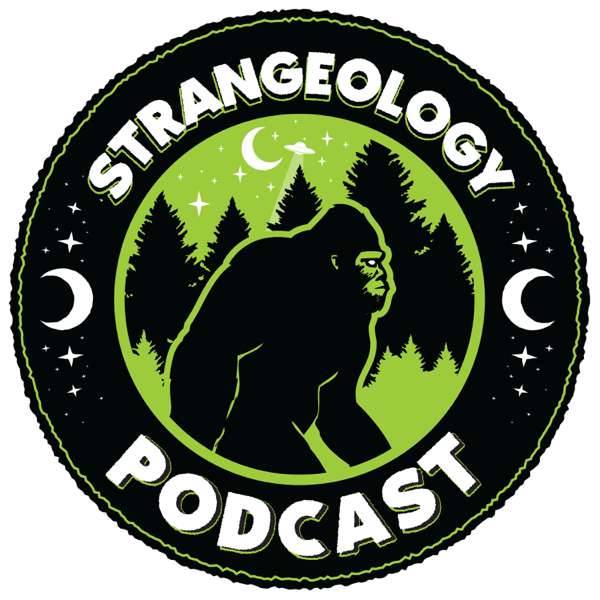Sounds Like Hate is a podcast from the Southern Poverty Law Center that tells the stories of people and communities grappling with hate and searching for solutions. You will meet people who have been personally impacted by hate, hear their voices and be immersed in the sounds of their world. And, you will learn about the power of people to change – or to succumb to their worst instincts. Sounds Like Hate was nominated for two People’s Voice Webby awards in 2022.
Season One takes a deep dive into the realities of hate in modern America: how it functions, how it spreads, who is affected and what people are doing about it.
Season Two examines the distorted history of the Confederacy some people accept as truth and how the people we love the most could be guided toward violent extremist beliefs.
Season Three reveals the harms done to individuals and our democracy by hate and extremism – while also showcasing the hope and resilience of the people fighting back. Hear from the unsung heroes who have pushed back against voter suppression in the South, who have stood up for the rights of trans children in the foster care system and who have taken on the unlawful militias who target migrants, often in cahoots with U.S. Border Patrol agents.
Two of the series in this season were nominated for a prestigious Webby award.
In Season Four, we explore the many manifestations of white supremacy in our current moment – from Confederate memorials to the Jan. 6 insurrection. We begin with a special episode marking the one-year anniversary of the extremist assault on the Capitol, which examines clues scattered openly across the nation by antigovernment networks and white supremacists – and shows how SPLC analysts were sounding the alarm well before the attack. Then, we continue our “Monumental Problems” series by taking you inside Virginia Military Institute (VMI) and its racial reckoning. We investigate how students are impacted by VMI’s dangerous and pervasive glorification of the Confederacy – which casts a long shadow of white supremacy over the school. Student and alumni activists’ demands for change are part of a broader struggle in the South and beyond. The story at VMI is about confronting our nation’s past and the legacy of slavery in order to build a more inclusive democracy for us all.

 Our TOPPODCAST Picks
Our TOPPODCAST Picks  Stay Connected
Stay Connected







